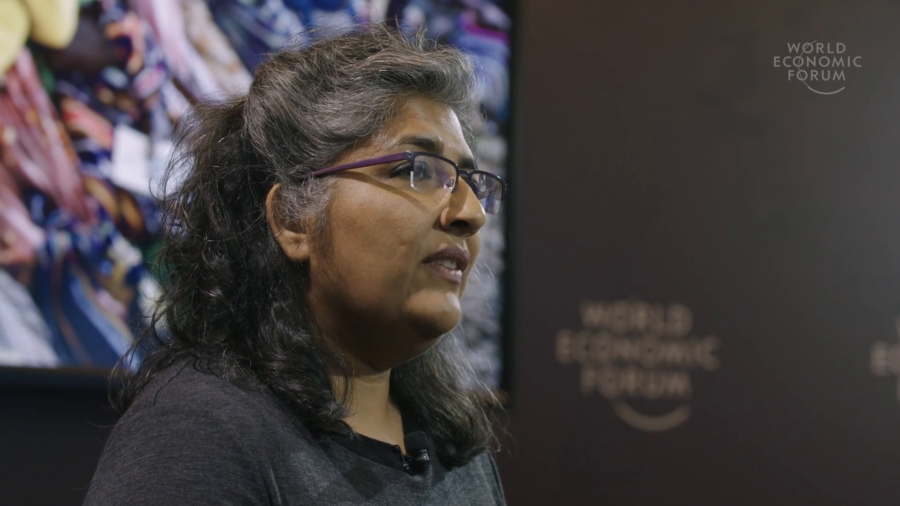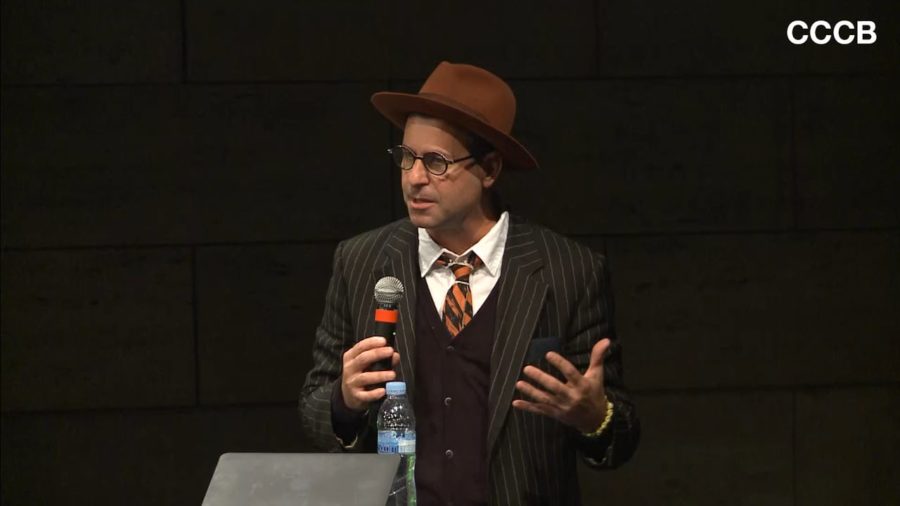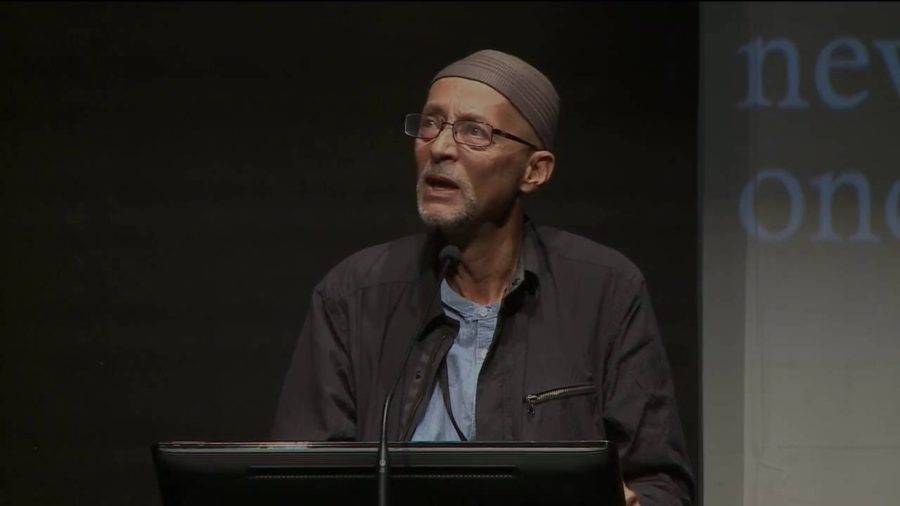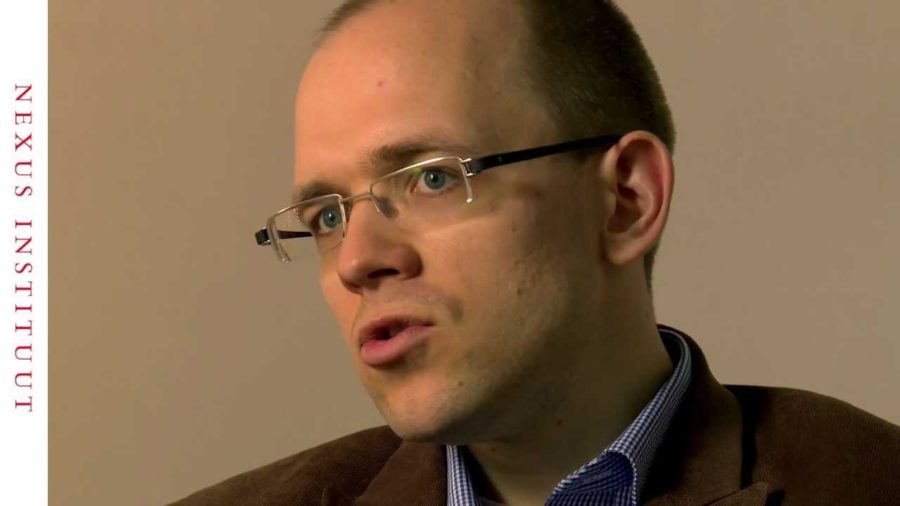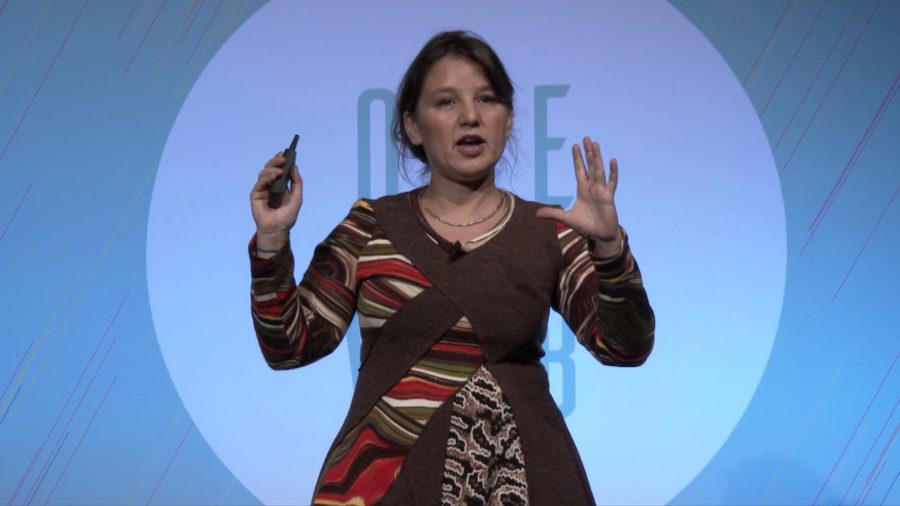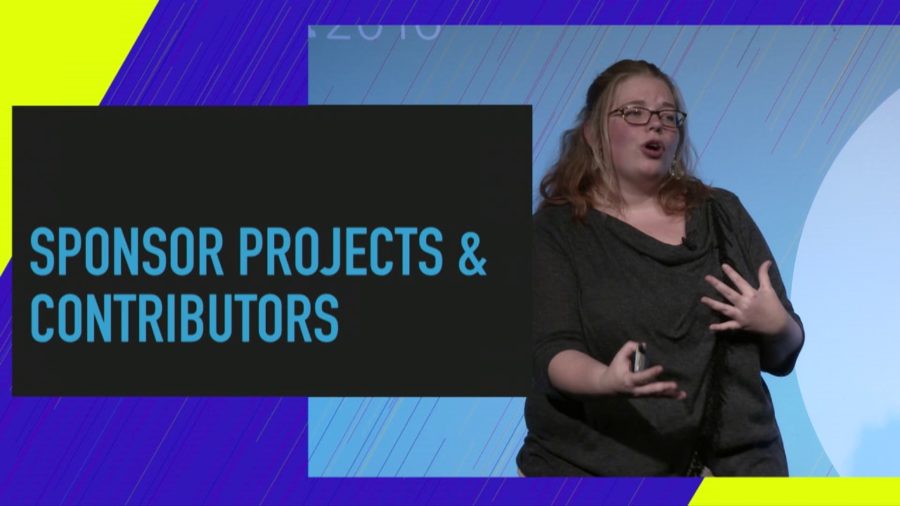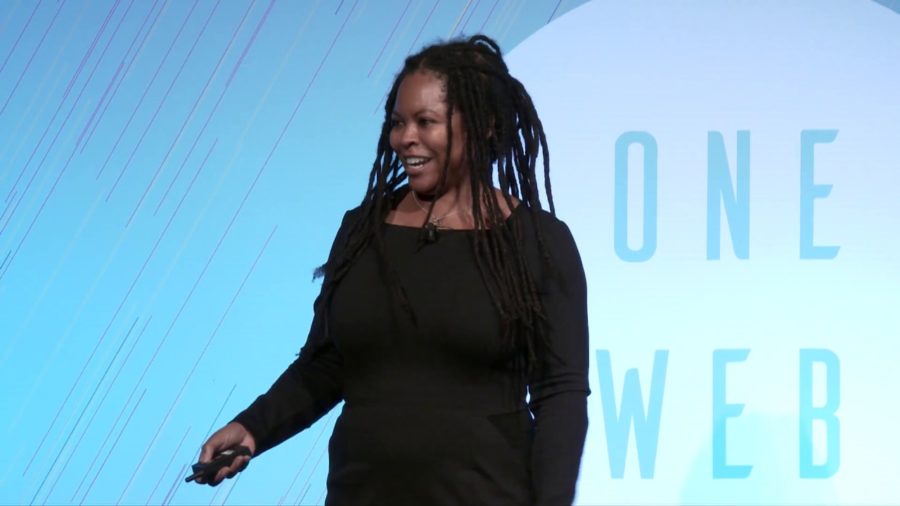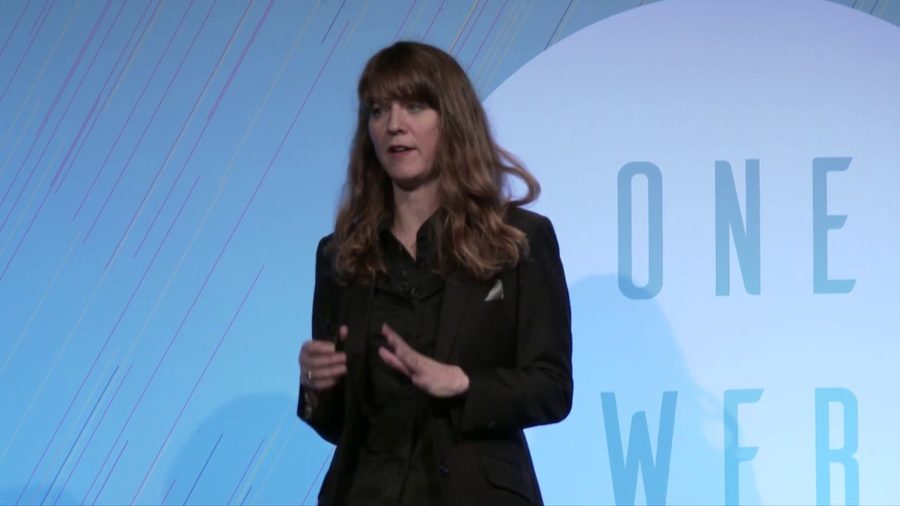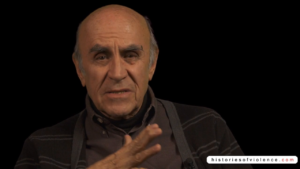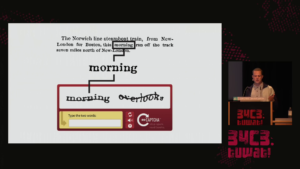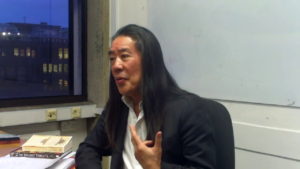During the war in Afghanistan, the military decided to air drop food packages as part of its winning hearts and minds campaign. Unfortunately, the food packages were very similar in appearance to the cluster bombs they were dropping at the same time. If military decision-makers had spoken to communities, aid workers, military personnel on the ground, they’d have figured out there were smarter ways to deliver food and win the trust of the Afghan people.
Disposable Life: Gustavo Esteva
presented by Gustavo Esteva
It is very pertinent to talk associating this with the Zapatistas. Twenty years ago in January 1st, 1994, we had the beginning of the Zapatista uprising. And to understand it we need to see what was happening with these people before the uprising, how they came to that terrible decision of starting an armed uprising. Read more →

